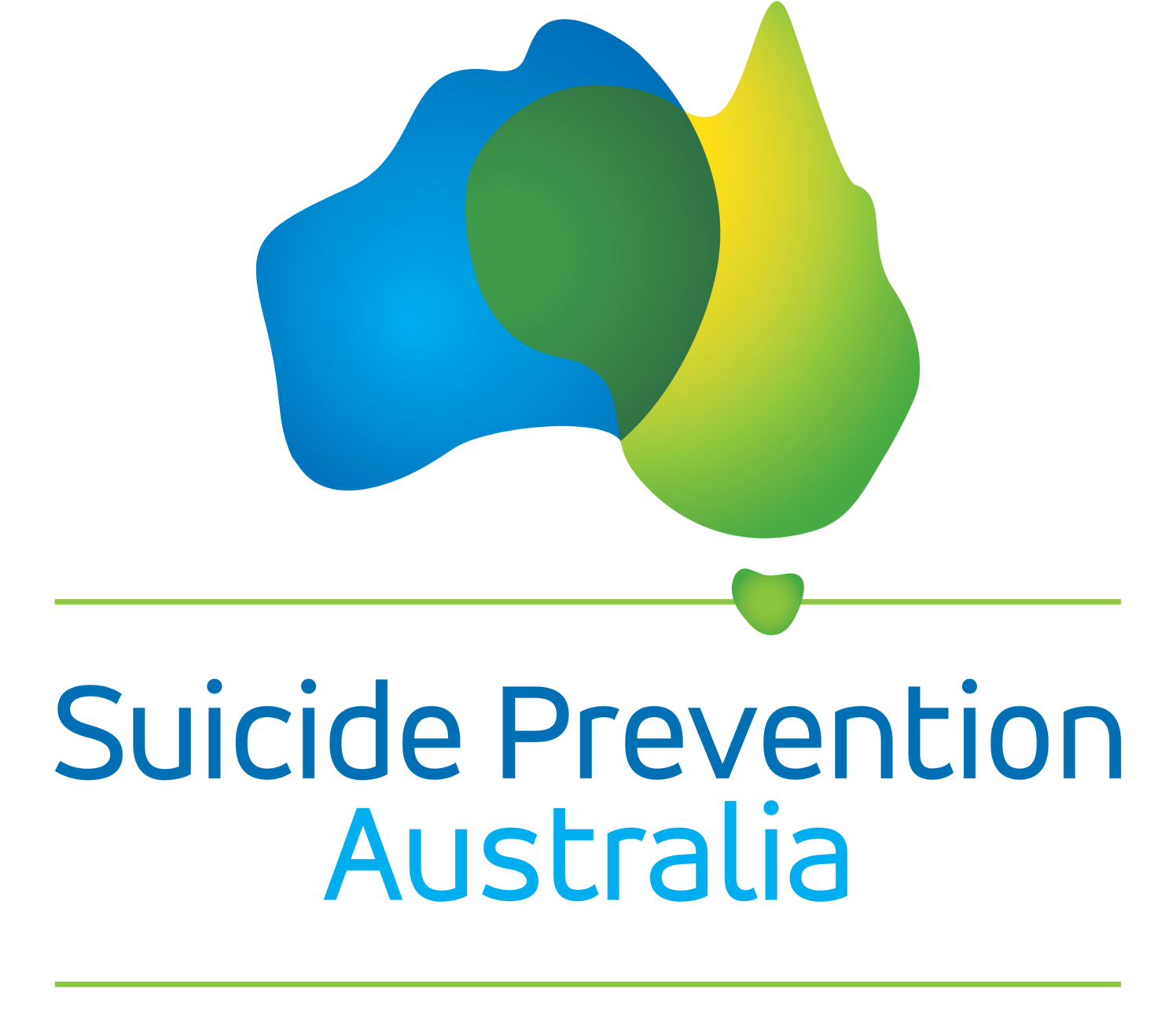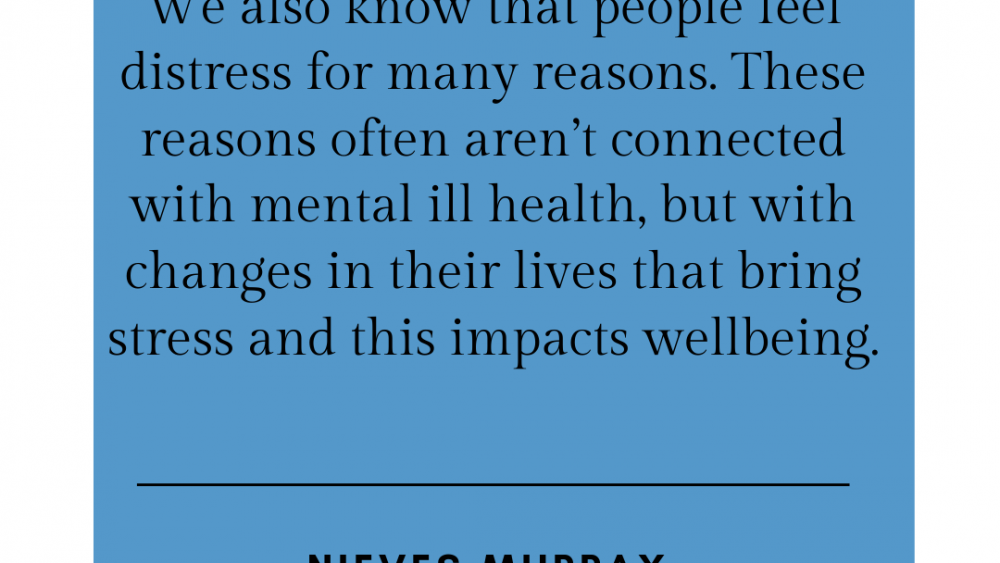Finding hope when the waters are muddy
I’m sitting at home in the comfort of my library, my cats are purring beside me and the strong smell of coffee is wafting across my desk. For a moment everything feels quite normal, but I know the world is a different place.
Not only are most of us tucked away in our homes and perhaps feeling isolated, many are also grappling with thoughts around employment security, income and mortgage repayments. For many of us, this is the first time we’ve experienced these worries.
The COVID-19 pandemic has significantly shifted the social and economic landscape in Australia and it will exacerbate the risk factors that are clearly linked to distress. We know there are vulnerable groups who are at higher risk of distress and hitting crisis point. We need to do everything we can to support them.
We also know that people feel distress for many reasons. These reasons often aren’t connected with mental ill health, but with changes in their lives that bring stress and this in turn impacts wellbeing.
So who is most vulnerable right now? There is a long list but here at Suicide Prevention Australia, in consultation with more than 70 organisations, we have identified three core groups: gig workers, people in new forms of debt, and people experiencing relationship breakdown.
Let’s take a look at people experiencing financial stress: likely, a growing part of our community.
I was relieved to see the Australian Government announce the creation of a short-form Financial Counselling course through Financial Counselling Australia. This initiative to train new financial counsellors will potentially provide hundreds of new jobs and financial advice to thousands of Australians, when they need it most.
We also know that people in precarious situations are at risk of overextending their finances through quick forms of credit like payday loans and buy-now-pay-later schemes. Buy-now-pay-later services and payday loans are types of small credit that many Australians use to tide themselves over in tough times, especially in times like now, when they’re under added financial strain.
The problem is, the fees can accumulate very quickly and a lack of credit checking and accountability measures means many people are at risk of getting into debt they can’t pay back. The risk of over-indebtedness is higher for vulnerable consumers: more than 40% of users of buy-now-pay-later services, for instance, are on low incomes of less than $40,000.
When the fees pile up, this places consumers in a very challenging financial position. That is why we are calling on the Australian Government to place stronger, broader responsible lending laws at the top of the agenda, and we’re joining CHOICE and other peak consumer groups in calling for urgent change.
Stepping away from financial challenges for a moment, I’m heartened to see the Australian Government fund some mental health and wellbeing initiatives with extra funding going to Beyond Blue, headspace, Head to Health, Lifeline and Kids Helpline and Gayaa Dhuwi (Proud Spirit) Australia.
So while the waters still remain muddy and many of us are feeling uncertain about the future, there is hope in the array of solutions in place, ready to support our most vulnerable. We will continue our mission of a world without suicide and despite these unusual times, continue to advocate for solutions to support a well and happy Australia.
Further reading: Turning the Tide – A six point plan for change
Nieves Murray
CEO – Suicide Prevention Australia

